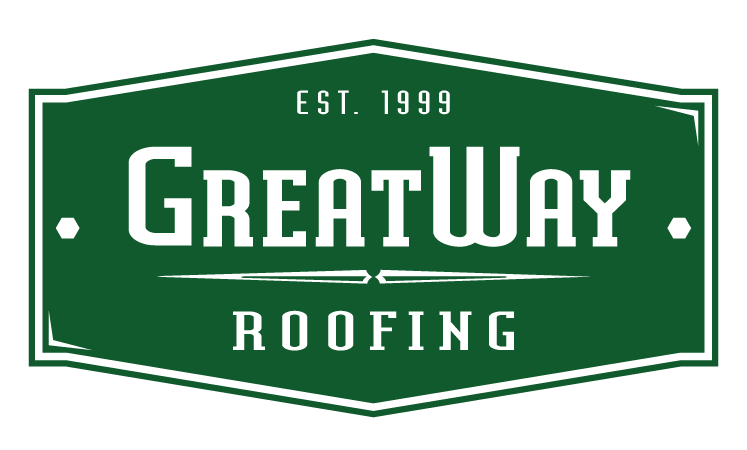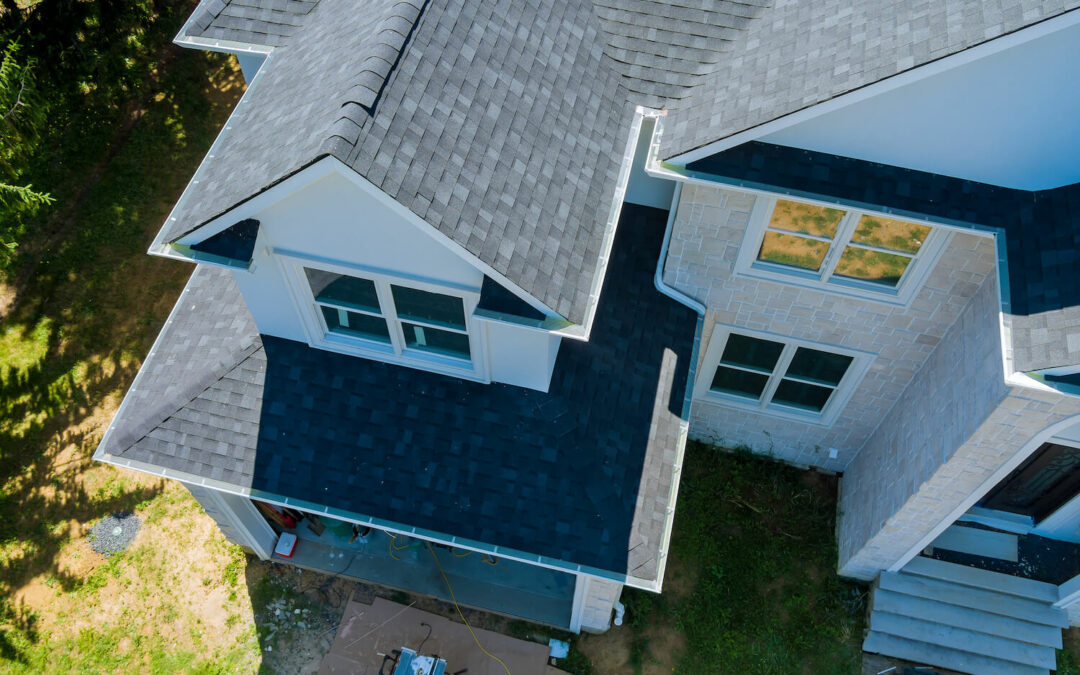Your home’s roof is more than just a protective covering; it’s a critical component that ensures your family’s safety and comfort. Over time, all roofs will require attention and maintenance due to wear and tear, weather damage, or simply aging. When faced with roofing issues, homeowners are often confronted with a significant decision: should they opt for re-roofing, which involves replacing the entire roof, or go for roof repair, which addresses specific problems? This comprehensive 2000-word article will delve into the key factors that influence this decision-making process. By the end, you’ll clearly understand how to make the best choice for your home.
The Roofing Dilemma: Repair or Replace?
Understanding Roof Repairs
Roof repairs are a common solution when your roof experiences isolated issues or minor damage. These issues might include small leaks, damaged shingles, or missing tiles or flashing. Roof repair typically involves fixing the specific problem areas while leaving the rest of the roof intact. It’s a cost-effective option when the overall condition of your roof is still good and only localized issues need attention.
Considering Re-roofing
Re-roofing, also known as roof replacement, is a more extensive process. It involves removing the existing roofing materials down to the deck, replacing them with new ones, and sometimes replacing the plywood deck. Re-roofing is often recommended when your roof has reached the end of its lifespan, sustained extensive damage, or experienced multiple problems across the entire surface. It offers a fresh start and can enhance your roof’s energy efficiency, aesthetics, and durability.
Key Factors in the Decision-Making Process
The choice between re-roofing and roof repair depends on various critical factors. Let’s explore these factors in detail:
1. Roof Age
The age of your roof is a crucial determinant. Most asphalt shingle roofs, for example, have a lifespan of 20 to 30 years. If your roof is relatively new and experiencing isolated issues, roof repair is usually the more practical choice. On the other hand, if your roof is nearing the end of its expected lifespan, it may be more cost-effective to invest in re-roofing to ensure long-term performance.
2. Extent of Damage
The extent of damage to your roof is a significant consideration. Minor issues, such as a few missing shingles or tiles, or minor leaks, can be effectively repaired. However, if your roof has extensive damage or multiple areas that need attention, re-roofing may provide a more comprehensive and lasting solution. Repairing numerous problem spots can be costly and may not guarantee the longevity and reliability that re-roofing offers.
3. Cost Analysis
Cost is often a primary concern for homeowners. Roof repair is generally more budget-friendly than re-roofing, making it an attractive option for minor issues. However, it’s essential to consider the long-term cost-effectiveness. If your roof requires frequent repairs, these costs can add up over time. Re-roofing, while initially more expensive, can provide greater value by offering a new, durable roof that requires minimal maintenance for years.
4. Energy Efficiency
Energy efficiency is increasingly important in modern homes. A new roof installed during re-roofing can incorporate energy-efficient materials and technologies that improve insulation and reduce heat transfer. Replacing your roof can lower energy bills and create a more comfortable living environment. Roof repairs may offer a different level of energy efficiency enhancement.
5. Aesthetic Considerations
The appearance of your roof can significantly impact your home’s curb appeal. Suppose your roof shows signs of wear, aging, or mismatched materials due to previous repairs. In that case, re-roofing can provide a fresh, uniform look that enhances the overall aesthetics of your home. Roof repair, while functional, may not address these aesthetic concerns.
6. Future Plans
Consider your long-term plans for the property. If you intend to sell your home in the near future, re-roofing can be an attractive investment. A new roof adds value to your property and is an appealing selling point for potential buyers. However, if you plan to stay in your home for an extended period, you’ll want to balance the immediate cost with the long-term benefits of re-roofing.
The Role of Home Roof Inspections
Making an informed decision about whether to opt for re-roofing or roof repair requires a thorough roof inspection. Professional roofing contractors can assess the condition of your roof, identify issues, and provide recommendations based on their findings. Here’s what you can expect from a roof inspection:
Detailed Evaluation
A qualified roofing professional will comprehensively evaluate your roof’s condition. They will examine the entire roofing system, including the shingles or tile, flashing, underlayment, decking, pipes and vents, and any potential structural issues. This evaluation provides an accurate picture of the overall health of your roof.
Identification of Problem Areas
During the inspection, problem areas will be identified and documented. These areas may include damaged or missing shingles or tiles, deteriorated flashing, leaks, or signs of moisture infiltration. The inspector will assess the severity of these issues and determine whether they can be adequately addressed with repairs.
Roofing Material Assessment
The condition of your roofing materials is critical in the decision-making process. The inspector will assess the state of your shingles or other roofing materials, including signs of curling, blistering, granule loss, brittleness, or if any are shifted or missing. This assessment helps determine whether re-roofing is necessary.
Structural Evaluation
In some cases, roofing problems may be indicative of underlying structural issues. The inspector will check for signs of sagging, rotted decking, or compromised support structures. Addressing these structural concerns is essential to ensuring the stability and safety of your roof.
Recommendations
Based on their evaluation, the roofing professional will provide recommendations tailored to your situation. They will discuss whether roof repair is sufficient to address the issues or if re-roofing is the more prudent choice. Additionally, they can provide an estimate for both options to help you make an informed decision.
The Pros and Cons of Roof Repair
Let’s examine the advantages and disadvantages of opting for roof repair:
Pros of Roof Repair
1. Cost-Effective
Roof repair is generally more budget-friendly than re-roofing. It allows you to address specific issues without the expense of replacing the entire roof.
2. Timely Solution
Roof repair can be a quicker solution, particularly for minor problems. It can provide immediate relief from leaks or damage.
3. Preservation of Existing Roofing
If you have a relatively new or visually appealing roof, repairs can help maintain its appearance and extend its lifespan.
Cons of Roof Repair
1. Temporary Fixes
Roof repair is often a short-term solution. It may address immediate issues but does not guarantee long-term performance, especially if your roof is aging or experiencing multiple problems.
2. Cumulative Costs
Frequent repairs can add up over time, potentially costing more than re-roofing in the long run. It’s essential to consider the cumulative expenses.
3. Limited Energy Efficiency Improvements
Roof repairs may not offer the same energy efficiency benefits as re-roofing, which can incorporate modern insulation and technologies.
The Pros and Cons of Re-roofing
Now, let’s explore the advantages and disadvantages of re-roofing:
Pros of Re-roofing
1. Comprehensive Solution
Re-roofing provides a comprehensive and long-lasting solution. It involves replacing the entire roof, addressing existing issues, and ensuring a new, durable roofing system.
2. Enhanced Energy Efficiency
A new roof installed during re-roofing can incorporate energy-efficient materials and technologies, leading to lower energy bills and improved home comfort.
3. Increased Home Value
Re-roofing adds value to your home, making it a more appealing option if you plan to sell your property in the future.
Cons of Re-roofing
1. Higher Initial Cost
Re-roofing typically comes with a higher upfront cost compared to roof repair. However, the long-term benefits often outweigh this initial expense.
2. Disruption
The re-roofing process can be more disruptive than roof repair, as it involves the removal of existing roofing materials and the installation of new ones. It may temporarily affect your daily life.
3. Aesthetic Changes
While a new roof can enhance the aesthetics of your home, it also means a change in appearance. If you prefer the current look of your roof, re-roofing may alter it.
Making the Decision
Ultimately, the decision to opt for re-roofing or roof repair hinges on a combination of factors specific to your home and circumstances. Here are some general guidelines to help you make an informed choice:
Choose Roof Repair If:
- Your roof is relatively new and in overall good condition.
- The issues are isolated, minor, and can be effectively repaired.
- Your budget is limited, and you need a cost-effective solution.
- You plan to sell your home shortly and want to address immediate problems.
Choose Re-roofing If:
- Your roof has reached the end of its expected lifespan.
- Extensive damage or multiple issues exist across the entire roof.
- You want to enhance energy efficiency and long-term performance.
- You plan to stay in your home for an extended period and want a durable, low-maintenance solution.
- Aesthetics are a significant concern, and you desire a fresh, uniform appearance.
Conclusion
The decision between re-roofing and roof repair is a significant one that requires careful consideration of various factors, including roof age, extent of damage, cost analysis, energy efficiency, aesthetics, and your future plans for the property. A thorough roof inspection conducted by a qualified roofing professional is essential to assess the condition of your roof accurately and receive expert recommendations.
Ultimately, your choice should align with your specific needs, goals, and budget. Whether you opt for the cost-effective approach of roof repair or the comprehensive solution of re-roofing, the key is to ensure the continued safety, durability, and performance of your home’s most vital protective element: its roof.

